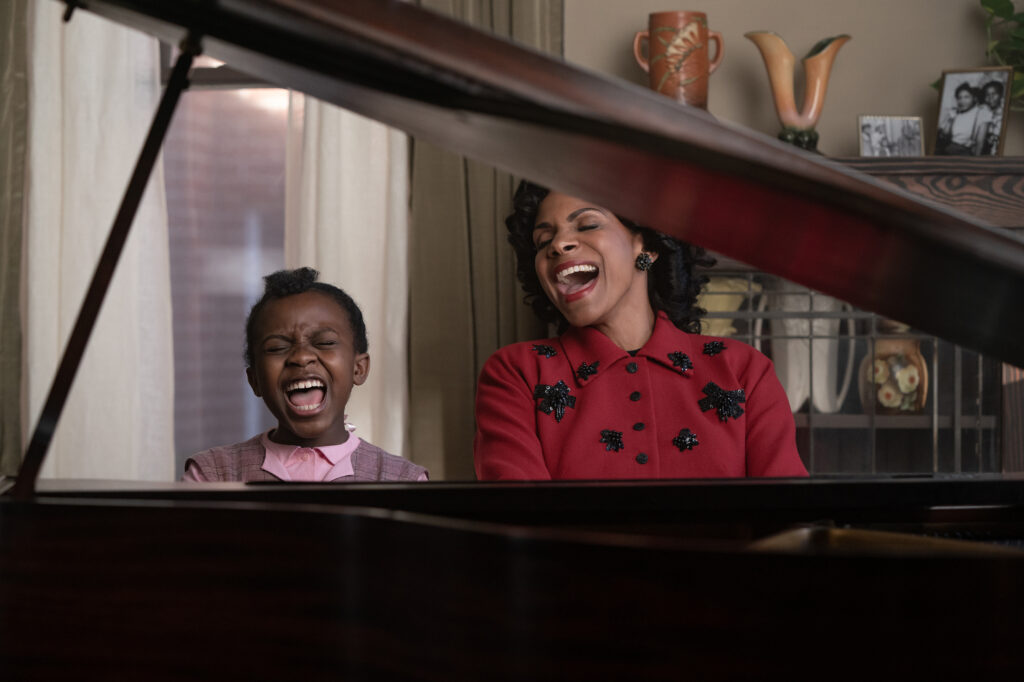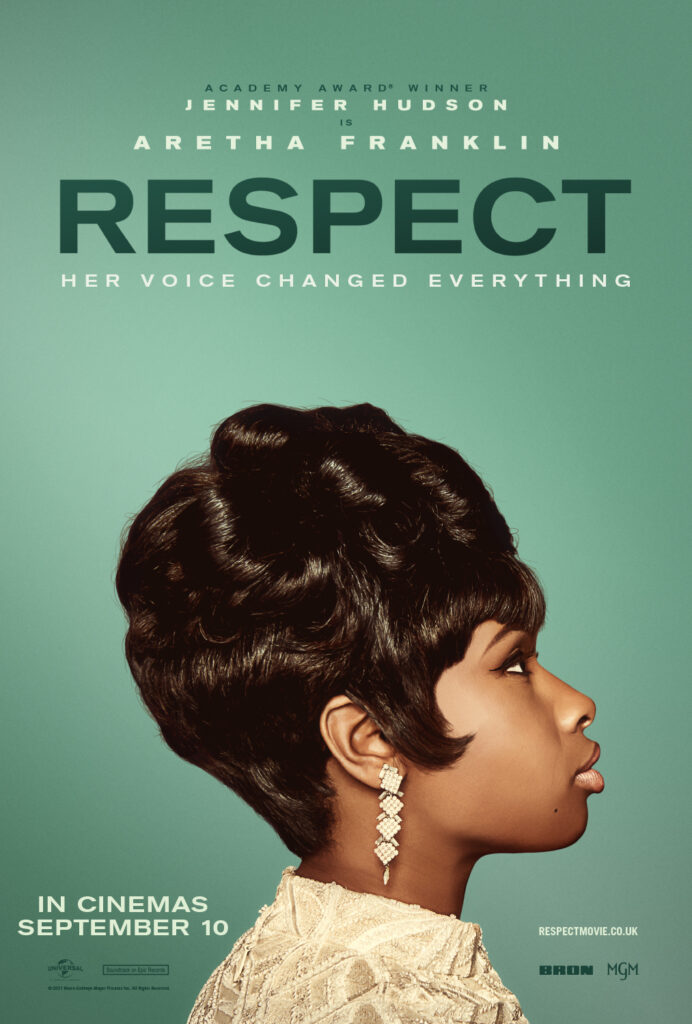Released in September, this movie is a must-watch for those who love music, drama, or a testimony of God’s goodness! Follow the rise of the Queen of Soul, Aretha Franklin, who overcame serious trauma, taking her exceptional voice from the choirs of gospel churches, through the civil rights movement, and on to the stage of superstardom.

As an activist with Dr.Martin Luther King, a record-deal holder by the age of 14, and a 17-times Grammy winner, there is almost too much to fit into one movie. This pure musical talent is emulated by award-winning singer Jennifer Hudson, who worked hard to imitate Aretha, tweaking her singing style, mannerisms, and facial expressions in an incredible performance, honouring the music icon we know and love.
Jennifer explained: “When I look back throughout my career thus far – many times I got to tribute Aretha, meet her, sing her songs, admire her. Thinking back to Dreamgirls, people mentioned that I was reminiscent of a young version of Aretha Franklin – now it seems that it was destined in a way.”
The movie is certainly a signpost to God’s faithfulness even in the midst of deep trauma and trial. We see the distressing life events of Aretha, including grief, sexual abuse, domestic violence, and alcoholism – starting at just the age of 10, when Aretha’s mother, Barbara (played by Audra McDonald – below) died. We see the sudden and deep awareness this small girl has of a broken world.

Played fantastically by Skye Dakota Turner (above), we in some ways see the destruction of a young Aretha’s childlike naivety. This is shortly followed by the overt suggestion that Aretha was raped by a family ‘friend’, causing her to fall pregnant at the age of 12. With little in the media about the birth of Aretha’s two sons (before she reached the age of 14), it can be hard to imagine these dark and difficult moments happening in the life of a ‘pastor’s kid’ who would go on to provide the soundtrack for gospel and soul music lovers alike.
One key thread throughout these shocking revelations about Aretha’s life is that God is ever-present – in a touching moment between grandmother and granddaughter, we see ‘Mama Franklin’ (Kimberly Scott) tell a young, silent and troubled Aretha: “You can always tell the Lord. He loves you, no matter what.”
The movie brings the often-blurred lines between black culture, music industry culture and church culture, into the limelight. Separating Christianity, music, and family ties is almost impossible as we see the value of creativity and community intertwined. Alongside the positive show of a vibrant lifestyle, comes the darker side of these arenas with scenes showing violence, substance abuse and false humility, reminding us of the need to seek authentic and Jesus-centred faith, rather than solely what is offered and taught to us by our families or churches.
After a rocky relationship with her own father, this revelation is acknowledged, in a touching scene between father and daughter. Pastor C.L.Franklin (Forest Whitaker – pictured below) commends Aretha for walking in the spirit and staying ‘with God’. Aretha’s response is one in which many of us can empathise: “He [God] was with me. I tried to run from Him but He brought me back.”

Aretha overcame alcoholism and health issues, to adamantly create a gospel album to honour God, even against her manager’s advice. This album and supporting documentary, ‘Amazing Grace’ (1972) went on to be her best-selling album, selling over two million copies in the United States alone and earning a double platinum certification. The New Yorker said: “It’s very existence is a miracle.”
One thing remained unshaken in Aretha throughout her life – her undeniable musical talent. While she navigated church performances and the music industry, one of the quotes from the movie seems to summarise the journey from start to finish – a word of wisdom from her late mother Barbara: “Your daddy doesn’t own your voice. Nobody owns your voice, but God.”
You can view Respect in cinemas now.


